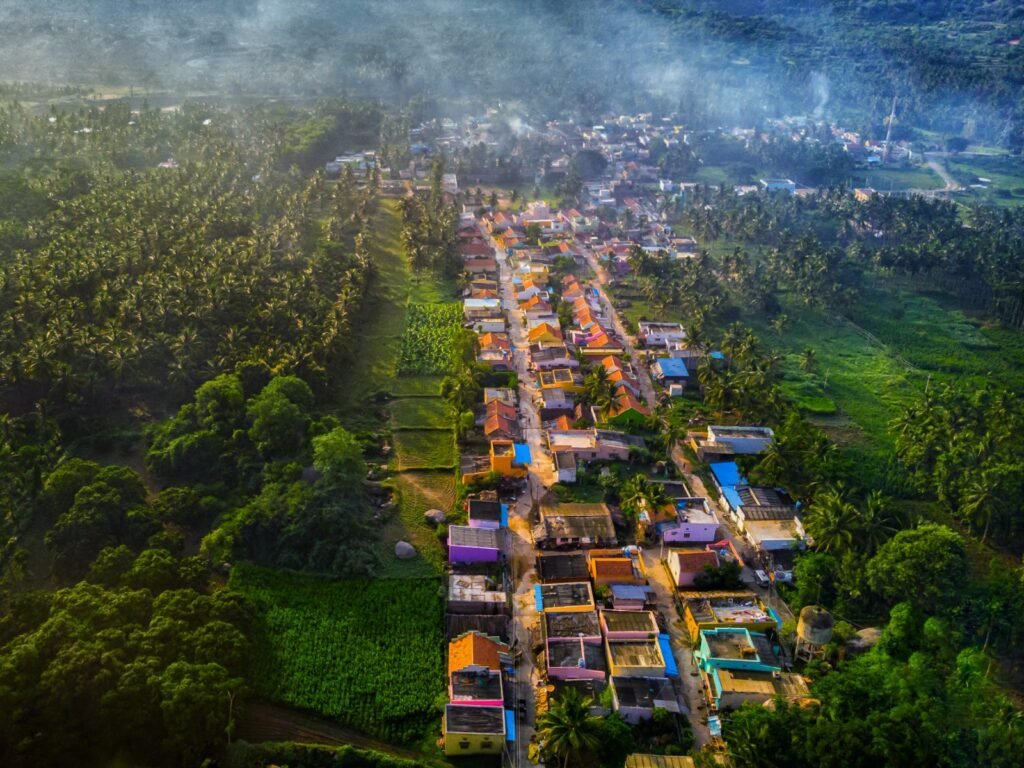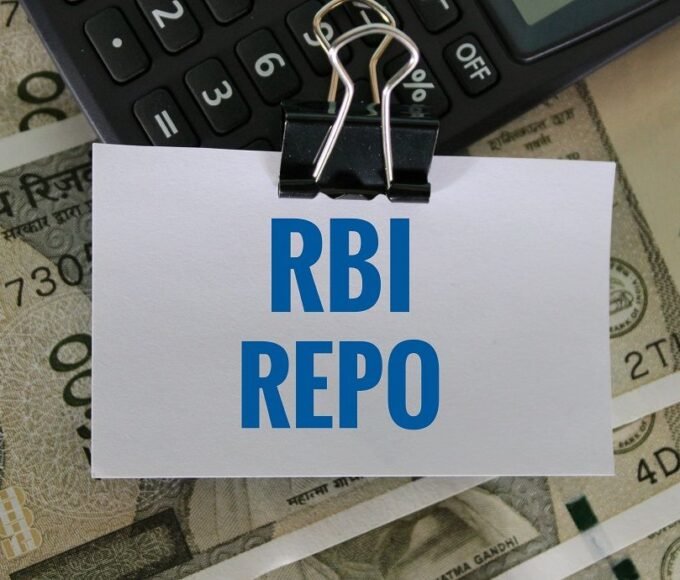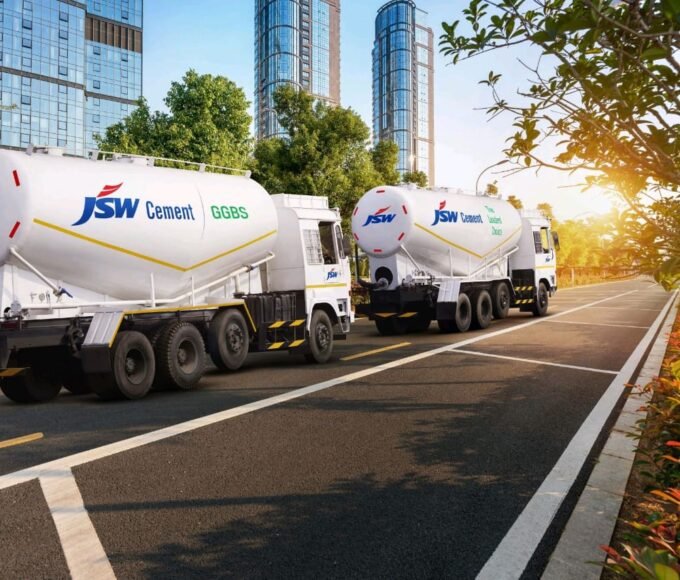Recent Posts
Karnataka Cabinet Approves Integrated Township Project Near Bengaluru

In an attempt to decongest Bengaluru, the Karnataka Cabinet has approved a project to build the Greater Bengaluru Integrated Township. The 8,032-acre and 37-gunta stretch of land in 10 villages of Ramanagara district would be all set for a revolutionary combination of logistics parks, commercial spaces, and residential areas.
This is a project for which Deputy Chief Minister D K Shivakumar has been stressing. Bengaluru Metropolitan Region Development Authority had floated the proposal last year. The location shortlisted near Bidadi in Ramanagara district is one of three locations the state government had identified for this project on the outskirts of the city. This was part of a larger strategy to ease pressure on the infrastructure of the city by developing self-sustained townships in neighboring regions.
Law and Parliamentary Affairs Minister H K Patil underscored that it would reduce traffic congestion in the city as improvements would be in the town itself. In addition to Bidadi, Devanahalli, Nelamangala, Hoskote, Doddaballapur, and Magadi will also come in the category the integrated towns. The Integrated Townships came into the field in the year 2006.
The townships will be designed to meet diverse needs, including residential complexes, commercial establishments, and logistics hubs. This will help create a balanced urban ecosystem that provides job opportunities, housing, and services outside the city’s crowded core.
The Cabinet also approved the Karnataka Water Security and Disaster Resilience Program, a Rs 5,000 crore initiative funded by the World Bank, apart from the township project. The program intends to enhance the mitigation of flooding and ensure that there is sufficient water security for the state and is being raised as a loan of Rs 3,500 crore from the World Bank; the remaining will be raised by the state worth Rs 1,500 crores.
A new Public Private Partnership (PPP) policy related to infrastructure projects, which proposes greater participation in the state program by the private sector, also was approved. The policy was refined to address areas the old one in 2018 could not meet: that of facilitating closer collaboration towards developing state infrastructure.
Recent Posts
Categories
- Acquisition1
- Airport16
- AP103
- Apartments126
- Bengaluru217
- Budget 202521
- Cement165
- Chennai438
- Construction909
- Construction Material Price Updates1
- Corporation4
- CREDAI61
- Editors Pick42
- Equipment45
- Events11
- Export24
- GST17
- Highways118
- Hotel16
- Housing207
- Hyderabad94
- import26
- India122
- Industrial387
- Infrastructure616
- Interiors28
- Iron Ore59
- Karnataka92
- Kerala56
- Labour1
- Land150
- Logistics40
- Market Updates404
- Metal100
- Metro109
- Mining77
- MSME21
- News1,877
- NHAI96
- Office Space2
- Paints39
- Port1
- Power Shutdown1
- Properties112
- Puducherry12
- Railways8
- Real Estate762
- Road222
- Sand38
- Short News117
- SIPCOT14
- Steel Daily429
- Stocks37
- Tamil Nadu458
- Technology81
- Telangana96
- TIDCO9
- Trade52
- Trending News1,111
- Video2
- warehouse42
Related Articles
Modulus Housing Secures ₹70 Crore Funding to Accelerate Market Expansion and Technology Innovation
IIT Madras-incubated Modulus Housing has secured about ₹70 crore in Series A...
BySamrita JosephDecember 6, 2025JPMorgan Expands Its India GCC Presence with Major Office Lease in Hyderabad
JPMorgan Chase has strengthened its India footprint by leasing 1.76 lakh sq...
BySamrita JosephDecember 6, 2025RBI Rate Cut Brings Timely Relief and Boosts Confidence Across India’s Housing Market
The RBI’s rate cut has lifted market sentiment and improved affordability for...
BySamrita JosephDecember 6, 2025JSW Cement Unveils ₹11000 Crore Expansion Plan to Boost Production Capacity to 41 Million Tonnes
JSW Cement has announced a major ₹11000 crore expansion plan to increase...
BySamrita JosephDecember 6, 2025















Leave a comment